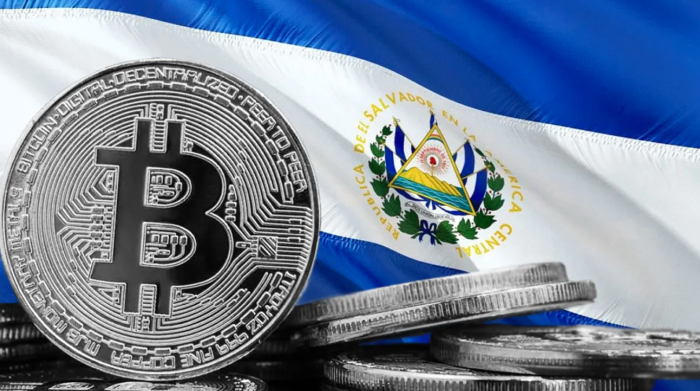El Salvador has been using bitcoin for payments for more than a year – it brought $375 million in expenses, $60 million in losses, and the cryptocurrency has not become popular
It has been over a year since El Salvador became the first country to make bitcoin legal tender. And so far, the nationwide crypto experiment looks relatively disappointing.
“I don’t think anything has changed, except that the country is more recognizable than before, but the economic life of Salvadorans remains the same or even worse than a few years ago”
said development engineer Acevedo, who works at capital of San Salvador.
Bloomberg Economics data shows that El Salvador tops the list of emerging market countries vulnerable to default. El Salvador’s debt-to-GDP ratio should reach almost 87% this year. The world’s largest lenders are not overly interested in providing finance to a country betting on one of the most volatile assets on the planet. Since El Salvador started his experiment, the price of Bitcoin has fallen by about 60%.
Although in El Salvador, by law of September 7, 2021, prices can now be indicated in bitcoins, tax deductions can be paid in digital currency, and bitcoin exchanges are not subject to capital gains tax, this did not help the country much. Here, about 70% of the population does not have access to traditional financial services, and about 64.6% of the population has mobile phones with Internet access.
It is noted that although bitcoin has become a topic of conversation, its adoption remains low. Very few companies accept cryptocurrency for payment – about 20%. And there are even fewer Salvadorans themselves who want to pay with a digital token. Moreover, many companies that formally declare that they accept payments in bitcoins do not actually service payments in cryptocurrency. They use excuses, such as that the system or the bitcoin wallet is not working. So the cryptocurrency has not penetrated the national trade.
At the same time, El Salvador launched a national virtual wallet chivo, which is allegedly used by about 60% of the population. More Salvadorans now have chivo wallets than traditional bank accounts. But a report published in April showed that only 20% of those who downloaded the wallet continued to use it after spending the $30 government bonus. At the same time, many users of the state crypto-wallet complained about technical problems. Many more people have become victims of scams. The hackers used their national identification number to open the chivo e-wallet and get free $30.
The El Salvadorian government hoped that using chivo would save money on remittance fees sent home by migrants. Such revenues account for about 20% of the country’s GDP and about 60% of the income of some households. Existing services charge a commission of 10% or more for international transfers that take several days and require a personal presence. But in 2022, only 1.6% of remittances were sent to El Salvador via digital wallets. They have not gained popularity due to the difficulty of buying and selling bitcoins for dollars: high volatility and technical knowledge requirements.
The cryptocurrency experiment inflicts direct financial losses on the state. The government has unrealized accounting losses from bitcoin transactions of about $60 million. But the actual amount of losses will only be fixed after the country exits its position on bitcoin. Combined, the entire experiment and all associated costs are estimated to have cost the government $375 million.
